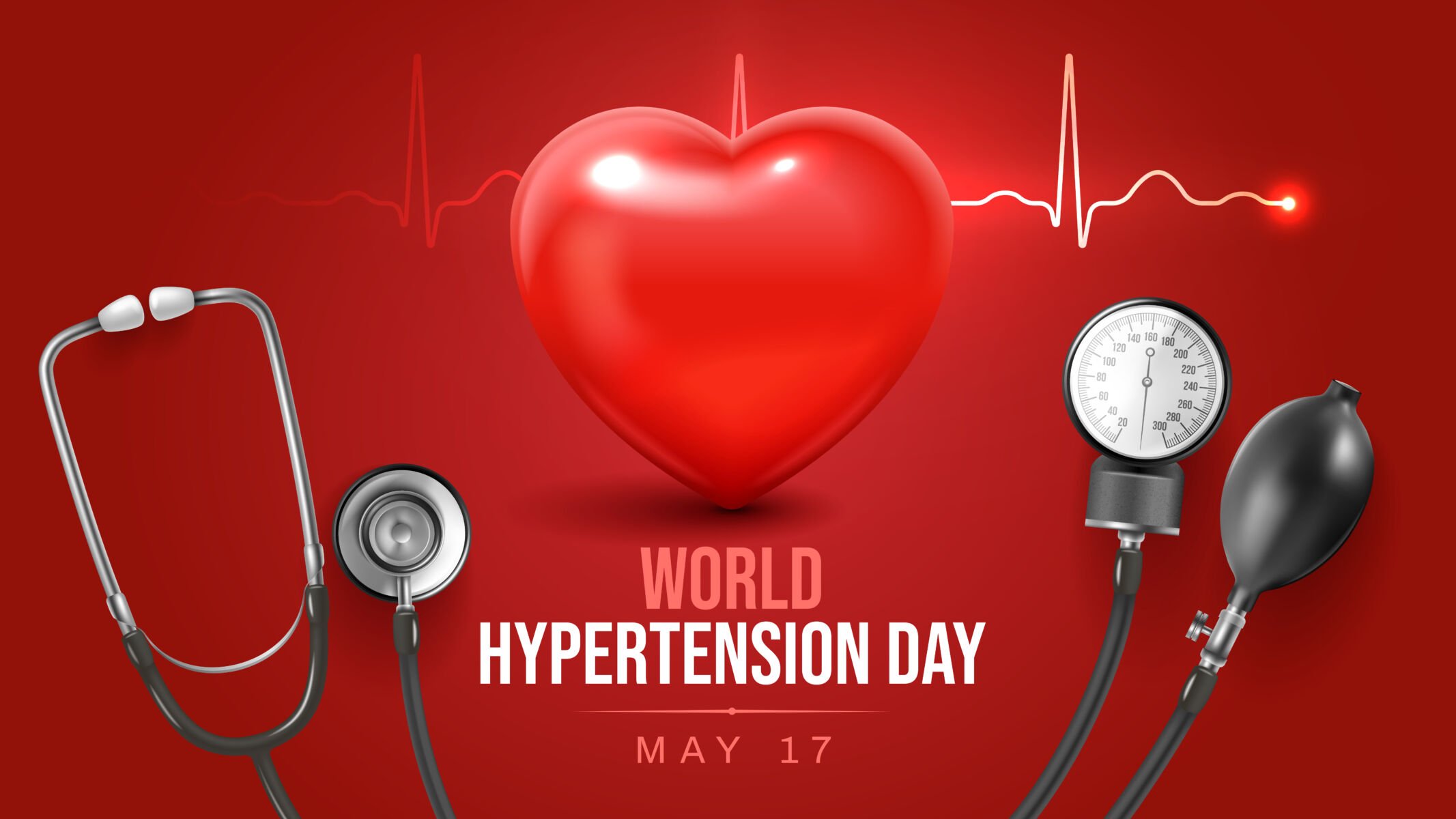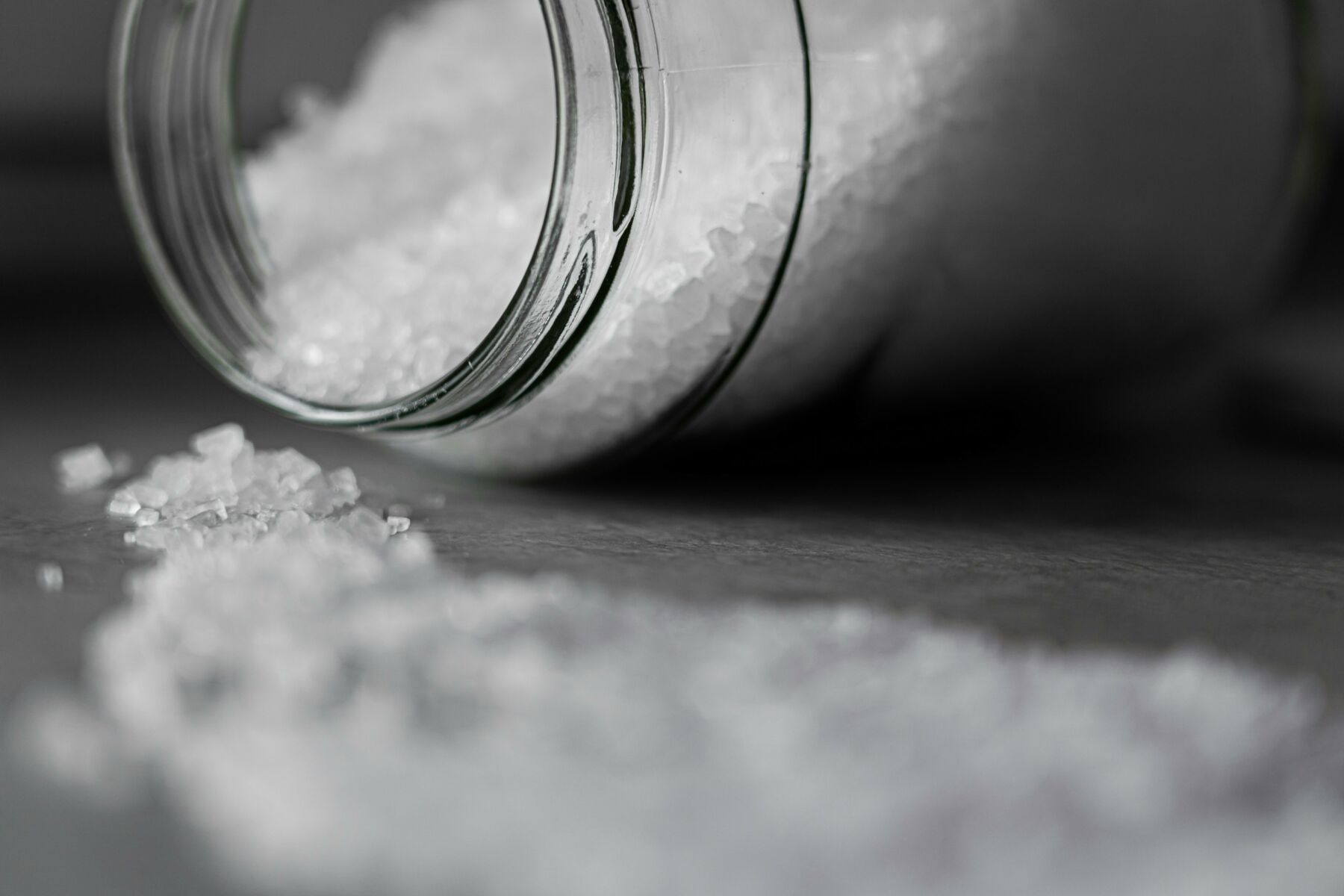Simple advice for World Hypertension Day: Reduce dietary sodium to prevent or treat high blood pressure

Reduce salt, reduce blood pressure
Reducing dietary sodium, including salt intake, is one of the most effective strategies for lowering blood pressure. This advice is particularly significant on World Hypertension Day, observed on May 17, which aims to raise awareness about the dangers of high blood pressure and promote healthy habits.
Reducing salt intake is a proven strategy to lower blood pressure, even for individuals on blood-pressure-reducing drugs. A study published in JAMA by researchers from Northwestern Medicine, Vanderbilt University Medical Center, and the University of Alabama at Birmingham underscores this. The study found that middle-aged to elderly participants who reduced their salt intake by about one teaspoon a day saw a decline in systolic blood pressure by approximately six millimetres of mercury (mm Hg), comparable to the effect of a commonly used medication for high blood pressure.

Co-principal investigator Dr Norrina Allen, PhD, Quentin D. Young Professor of Health Policy at Northwestern University told The Thaiger, “Our study found that 70% to 75% of all individuals, regardless of whether they are already on blood pressure medications or not, are likely to see a reduction in their blood pressure if they lower the sodium in their diet.”
The study’s findings
This study is one of the largest to investigate the effect of reducing sodium in the diet on blood pressure among people with hypertension, including those already on medication. The study presented at the American Heart Association Scientific Sessions 2023 in Philadelphia involved participants from Birmingham, Alabama, and Chicago. Participants were randomised to either a high-sodium diet (2,200 mg per day) or a low-sodium diet (500 mg per day) for one week, followed by a crossover to the opposite diet for another week.
Participants wore blood pressure monitors and collected their urine for 24 hours before each study visit. Among 213 participants, systolic blood pressure was significantly lowered by 7 to 8 mm Hg on the low-sodium diet compared to the high-sodium diet, and by 6 mm Hg compared to their usual diet. Overall, 72% of participants experienced a lowering of their systolic blood pressure on the low-sodium diet compared to their usual diet.
Dr Deepak Gupta, MD, associate professor of medicine at Vanderbilt University Medical Center, added, “The effect of reduction in dietary sodium on blood pressure lowering was consistent across nearly all individuals, including those with normal blood pressure, high blood pressure, treated blood pressure, and untreated blood pressure.”
Practical implications
The findings of this study highlight the importance of reducing dietary sodium intake to help control blood pressure, even among individuals taking medications for hypertension. The study’s rapid and significant results emphasise the potential public health impact of dietary sodium reduction.

“The fact that blood pressure dropped so significantly in just one week and was well tolerated is important and emphasises the potential public health impact of dietary sodium reduction in the population,” said co-investigator Dr Cora Lewis, MD, professor and chair of the Department of Epidemiology at the University of Alabama at Birmingham.
Impact of dietary sodium on blood pressure: A crossover trial
The study aimed to examine the distribution of within-individual blood pressure response to dietary sodium, the difference in blood pressure between individuals allocated to consume a high- or low-sodium diet first, and whether these varied according to baseline blood pressure and antihypertensive medication use.
Among the 213 participants, while consuming high-sodium, low-sodium, and usual diets, the median systolic blood pressure measures were 125, 126, and 119 mm Hg, respectively. The median within-individual change in mean arterial pressure between high- and low-sodium diets was 4 mm Hg, which did not significantly differ by hypertension status. Compared with the high-sodium diet, the low-sodium diet induced a decline in mean arterial pressure in 73.4% of individuals.
World Hypertension Day: Significance and awareness
World Hypertension Day, observed annually today, aims to raise awareness about hypertension and its health impacts. This day is crucial as hypertension is often called the “silent killer” due to its asymptomatic nature, leading to severe health complications if left untreated.

An estimated 1.28 billion adults aged 30-79 years worldwide have hypertension, with most (two-thirds) residing in low- and middle-income countries. Alarmingly, 46% of adults with hypertension are unaware of their condition, and less than half (42%) are diagnosed and treated. Furthermore, only about 21% of adults with hypertension have it under control. Hypertension is a significant cause of premature death globally. One of the global targets for non-communicable diseases is to reduce the prevalence of hypertension by 33% between 2010 and 2030.
Importance of monitoring blood pressure regularly
Regular blood pressure monitoring is vital for early detection and management of hypertension. It helps in assessing the effectiveness of treatment, preventing complications, and motivating healthy living. Regular monitoring can also help identify conditions like white-coat hypertension or masked hypertension, which may require different management strategies.
Need more help with your high blood pressure issues?
Reducing dietary sodium intake is a simple yet effective way to manage high blood pressure. The findings from the study emphasise the importance of this strategy, even for individuals on antihypertensive medications. World Hypertension Day serves as a reminder to monitor blood pressure regularly and adopt a healthy lifestyle to prevent and manage hypertension. By reducing sodium intake, individuals can significantly lower their blood pressure and reduce the risk of complications associated with hypertension.
Should you need help finding a qualified nutritionist to guide you in your diet or a proper specialist to oversee your high blood pressure condition, contact Medijump.
Latest Thailand News
Follow The Thaiger on Google News:


























